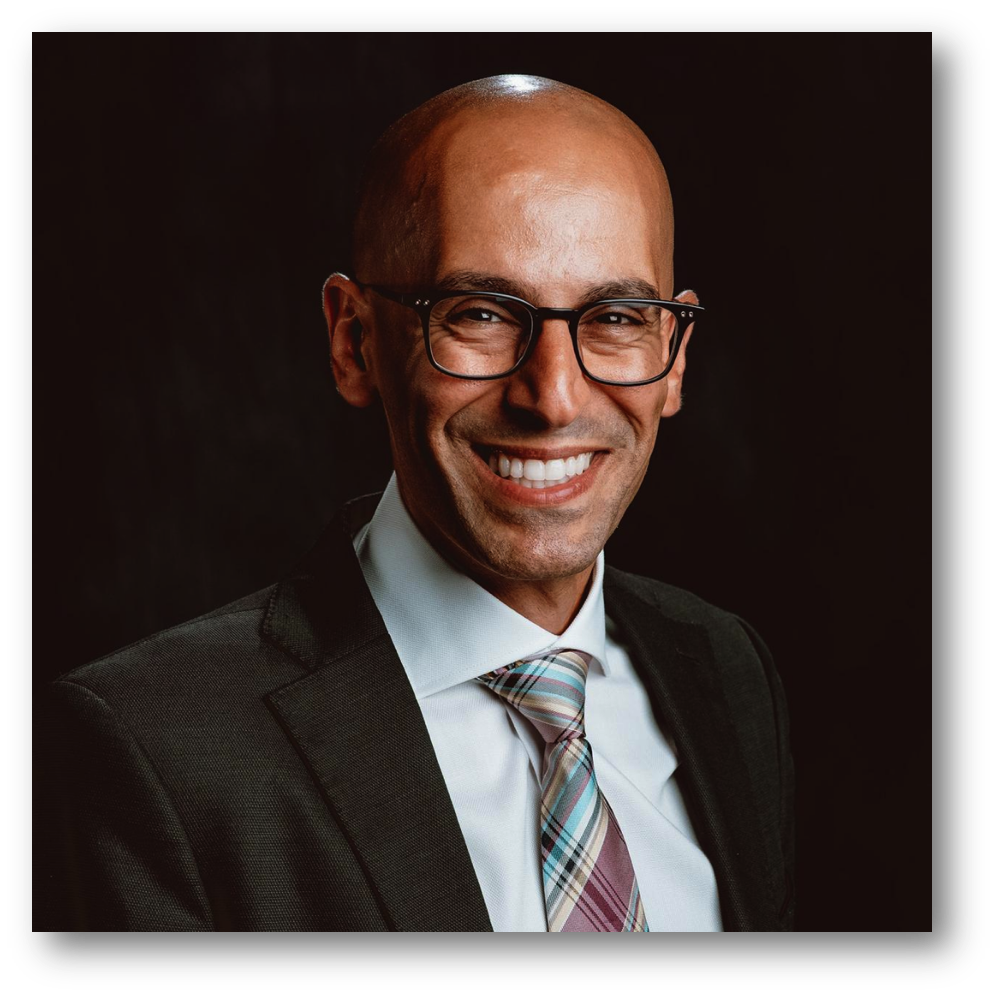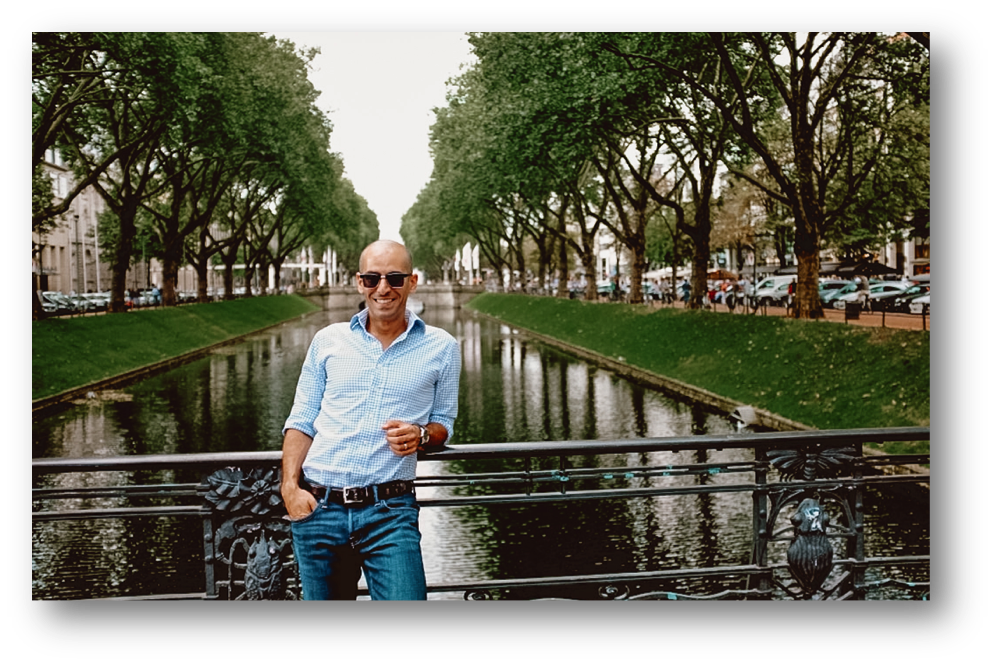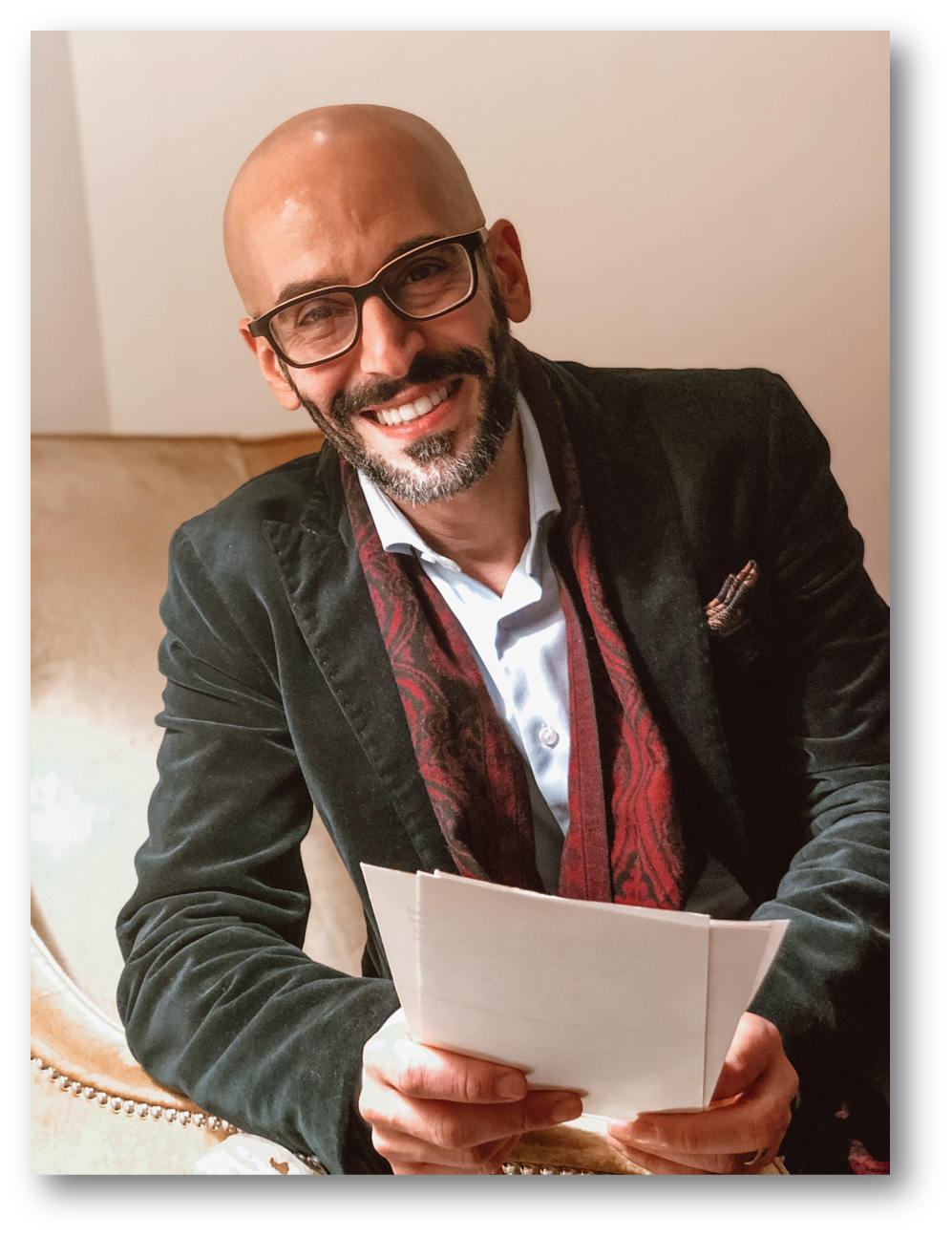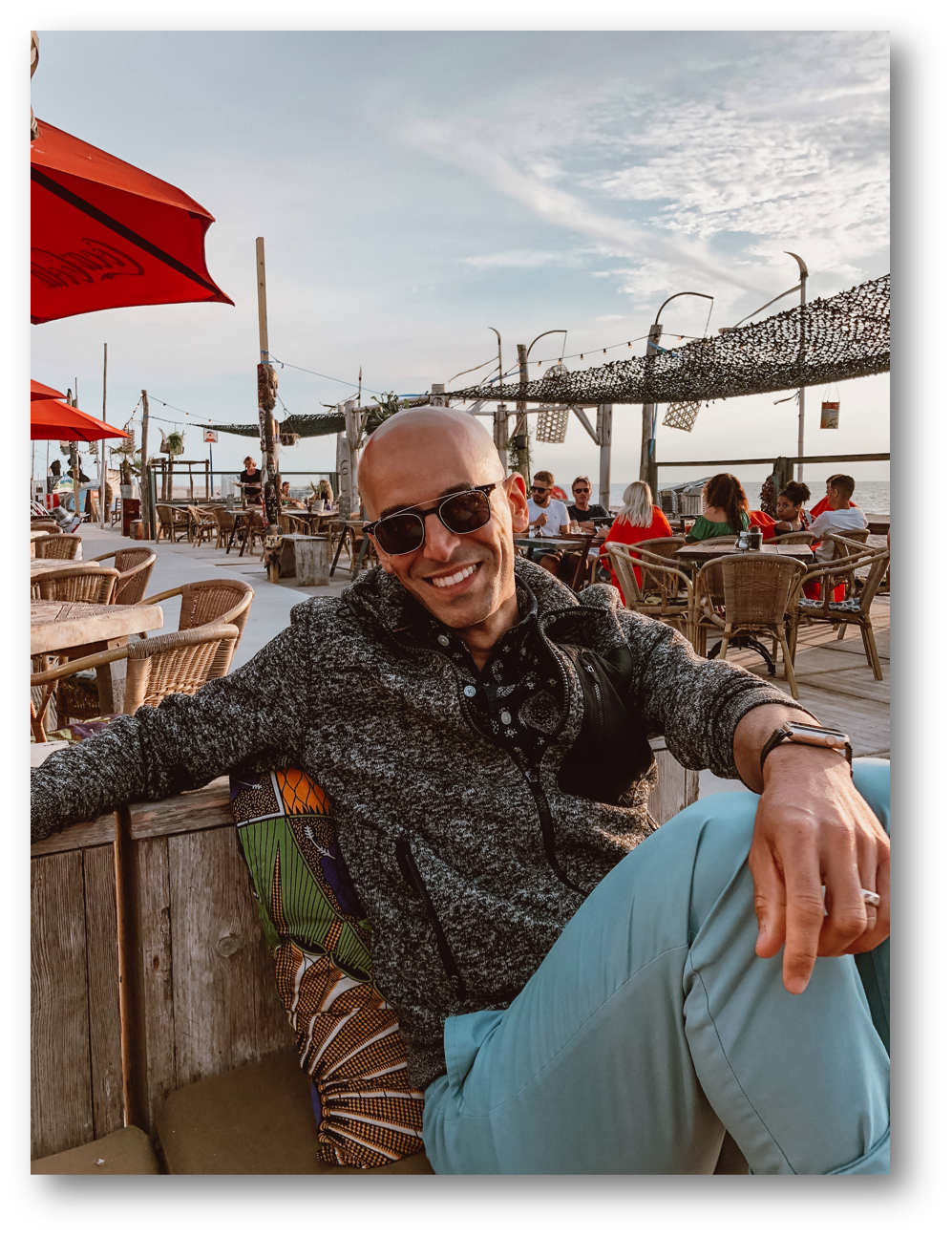Conversations with Leaders
Conversations With Leaders: Marten Youssef
Through our recruitment practice, we’ve had the privilege of supporting the careers of some truly talented and inspiring leaders.
In our latest blog series, they share reflections about their careers, insights from leaders they’ve worked with, and they offer key lessons you may find helpful in your own career journey.
Marten Youssef – On valuing people and relationships over position
 One inspiring leader who we’re excited to share with you is Marten Youssef, Director of Communications for TransLink (at the time of publication). With a remarkable array of experience gleaned all over the world – including a few years working as a UN spokesperson – Marten definitely stands out.
One inspiring leader who we’re excited to share with you is Marten Youssef, Director of Communications for TransLink (at the time of publication). With a remarkable array of experience gleaned all over the world – including a few years working as a UN spokesperson – Marten definitely stands out.
Despite his many impressive accolades, he counts humility and the importance of taking time to build meaningful relationships within organizations as key elements to becoming a successful leader.
Marten, tell us a little bit about you and your career journey thus far.
I am an Egyptian-Canadian, husband, father, traveller, life-learner, strategist and risk taker. I am drawn to complex organizations trying to solve important problems. This is why I’ve gone from a United Nations terrorism tribunal, to an agency that investigates the Police in British Columbia, and most recently, to a Metro Vancouver transportation authority. Each with a unique set of challenges backed by a meaningful purpose.
What has stood out to you about your experience working at TransLink over the last two years?
‘How we move’ is arguably one of the most defining questions of our generation. Examining how we move goes beyond the quintessential skirmish between public transit and automobiles. It’s about congestion, the environment, cities, how we work and the future of schools. Nothing has solidified this more than the COVID-19 pandemic.
TransLink is uniquely placed to tackle these issues. As the region’s transportation authority, it has to explore more than just cars and public transit. This broad mandate has really exposed me to a diverse set of crucial issues, which I would not have imagined when I joined.
When you think about the most impactful leaders you’ve worked for, what did you learn from them?
I worked for an organization that was in a state of crisis and, through a series of events, we received an interim leader. He knew very little about the business, and at first, this raised a few eyebrows. It soon became very clear why he was the right choice.
He was a port in the storm, which naturally drew people to him. Calm, soft-spoken with a quiet presence. He asked the most insightful questions with humility and kindness. Above all, he deeply cared about developing people around him.
At first glance, these traits can often be mistaken for meek leaders, but they are – as Jim Collins describes in Good to Great – characteristics of a level 5 leader.

When you reflect on your career (thus far), what is one piece of advice you would give an earlier career stage self?
There are generally two ways to impact change in any organization: positional authority or relationship building. The first is power and the second is influence.
Both certainly have a role to play but I have learned over the years that the currency of relationship building is instrumental, especially during challenging times. It takes time to build meaningful relationships in organizations, which makes positional authority the default preference. Resist that. Instead, invest in people and relationships.
If you knew then (about your career) what you know now, what would you do differently?
I placed too much pressure on my career, expecting that my job would satisfy all of my ambitions. If I knew then what I know now, I would have pursued a side hustle to satisfy my entrepreneurial side and a volunteer opportunity for social purpose. That would have alleviated so much of the expectations I placed on my work.
What is one tip you can share with candidates who are interested in pursuing a career in communications?

Pursue a specialty in communications. It’s not enough now to be a “communications expert.”
Specialize in a field (i.e. justice, tech, finance, social media) and hone your skill in that area. Base that on organizations you want to be a part of. Become a subject matter expert.
What character trait do you most attribute to your success?
Adaptability which I developed through international experience. Throughout my career I worked in Quebec, Tanzania, Nigeria, Ghana, United Arab Emirates, The Netherlands and Lebanon. Being immersed in different cultures is a master class on adaptability.
This has opened many career doors for me and allowed me to adapt to different work cultural environments. More importantly, it has helped me shape the cultures of wherever I’ve worked.
As a Communications leader, what are you most excited about for the future?
The way we do communications now and in the future will look very different. If change doesn’t scare you, this is a really exciting opportunity to reimagine how we do civic engagement, stakeholder relations, internal outreach and marketing campaigns.
It’s more than a marathon of online meetings and prettier posters. Hyper-localization will be far more important. Your neighbour will be more impactful on your choices than famous celebrities and typical influencers. Our communities will get smaller but more engaged. This will change whom we trust and who influences us. That’s great because it leads to a more meaningful and authentic future for us as communicators.
If you had a theme song for this chapter in your career, what would it be?
This is very much a contemplative chapter of my life so I would say I am on Adam Hurst’s First Light track.
What are you reading these days (that you would recommend)?

Jordan Peterson’s 12 Rules for Life for a light but thought provoking read.
Thomas Piketty’s Capital and Ideology for a deeply important topic on distribution of wealth and equality.
Is there a quote that motivates/inspires you?
“Humility comes with the daily reminders of your own brokenness. Humility relieves you of theawful stress of trying to be superior all the time. It inverts your attention and elevates the things we tend to look down on.”
From one of my all-time favourite books: The Road to Character by David Brooks.
Conversations With Leaders: How to Build Your Career
Click to read more from industry-leading Smart Savvy alum:
Need Help Hiring?
Smart, Savvy + Associates is a recruitment agency that specializes in finding talent for marketing, communications, and creative roles. Since 2008, their team of marketers-turned-recruiters have successfully placed hundreds of qualified professionals into companies throughout Vancouver and the surrounding areas. Learn more about the company’s services or apply for one of the open roles on their job board.


